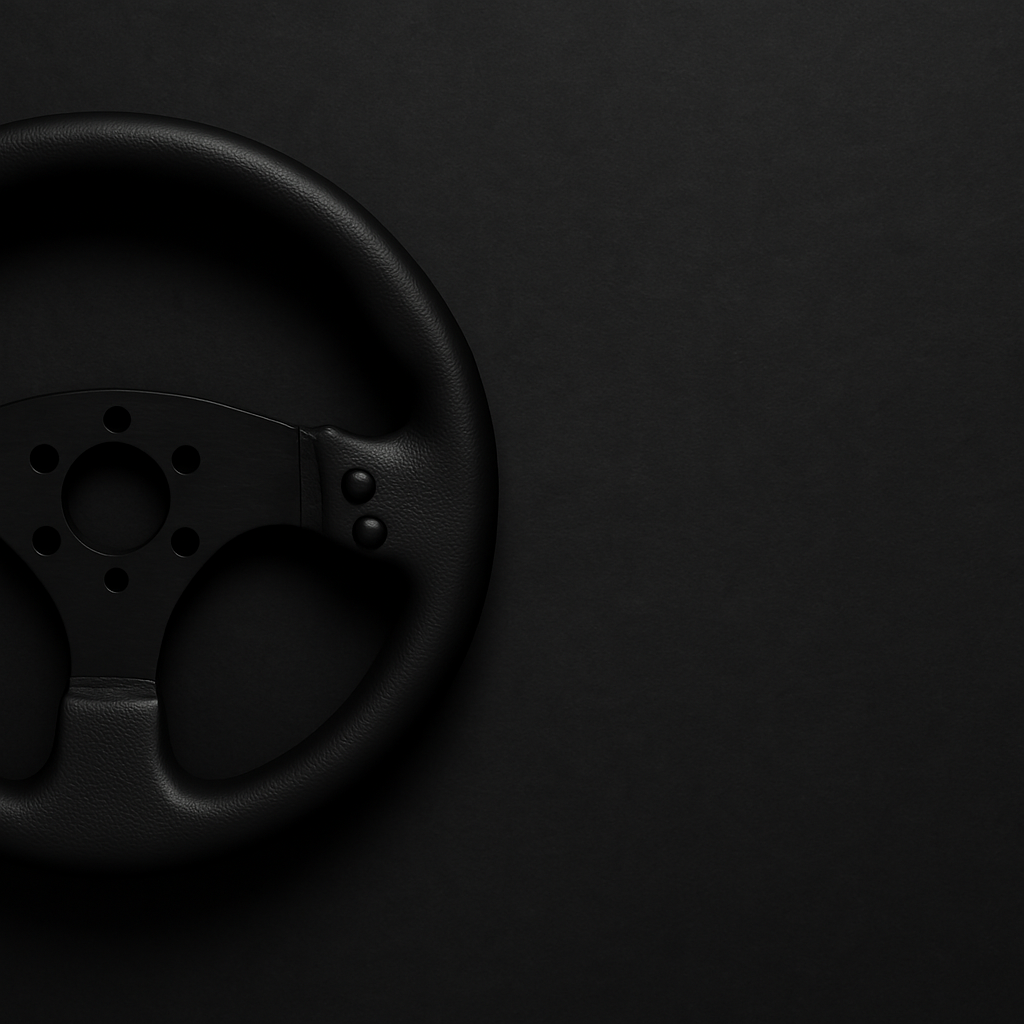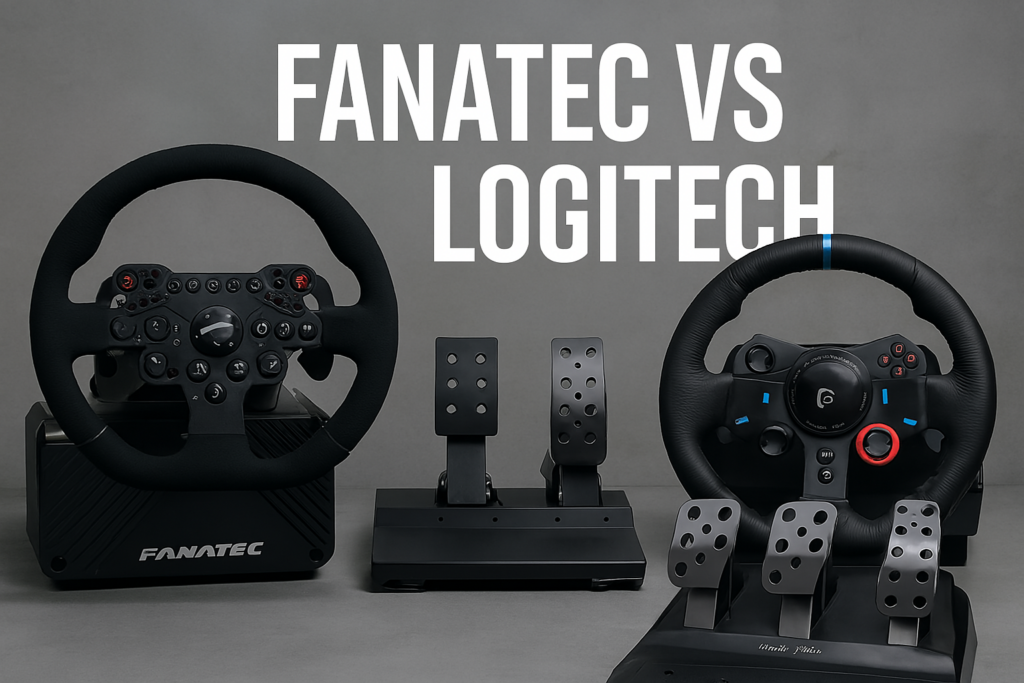Best Sim Racing Pedals of 2025
Enhance your sim racing setup with the best pedals of 2025. These top-tier selections offer unparalleled precision, adjustability, and realism for racers of all levels.
1. Fanatec CSL Pedals + Load Cell Kit

Price: $199.95 (base) + $139.95 (load cell kit)
Description: The CSL Pedals offer unbeatable value, starting as a 2-pedal set with the option to upgrade to a load cell brake for true realism. Combined with Fanatec’s ecosystem and software support, it's a top choice for beginner-to-intermediate drivers.
🔘 Buy Here2. Thrustmaster T-LCM Pedals

Price: $229.99
Description: The T-LCM Pedals include a load cell brake out of the box, plus swappable springs for tension adjustment. Built from metal, they fit easily into most setups, making them perfect for racers seeking tuning flexibility without a high price tag.
🔘 Buy Here3. Moza SR-P Pedals

Price: $219.00
Description: The SR-P Pedals from Moza offer sleek design with professional performance. The pedal arms are fully metal, and the load cell provides one of the best brake feels in the sub-$300 tier. Ideal for PC sim racers building a Moza-based or hybrid setup.
🔘 Buy Here4. Logitech Pro Racing Pedals

Price: $349.99
Description: Logitech's first serious pedals designed for sim racing, featuring a load cell brake and fully adjustable pedal faces. Compatible with PC, Xbox, and PlayStation (with Pro Wheel), they offer high-end feel with a mainstream brand.
🔘 Buy Here5. Heusinkveld Sprint Pedals
Price: $689.00
Description: The Heusinkveld Sprint Pedals are designed for high-end sim racers seeking maximum realism and adjustability. Featuring load cell sensors and robust construction, they provide an unparalleled racing experience.
🔘 Buy HereFinal Thoughts
Investing in a high-quality set of sim racing pedals can significantly enhance your racing experience, providing better control, immersion, and realism. Whether you're a seasoned pro or just starting, these top picks for 2025 offer something for every racer.


